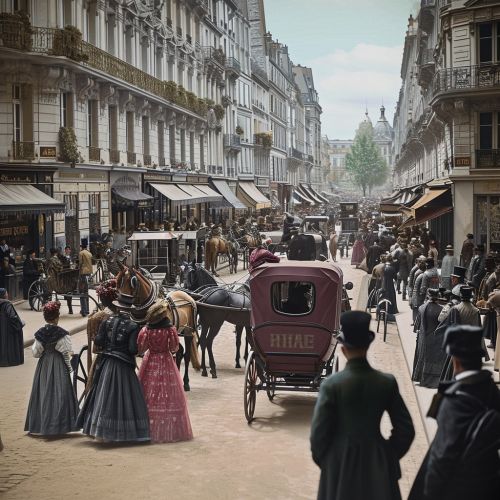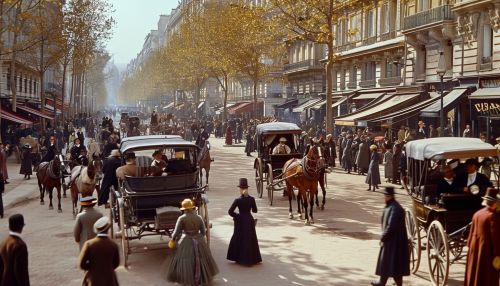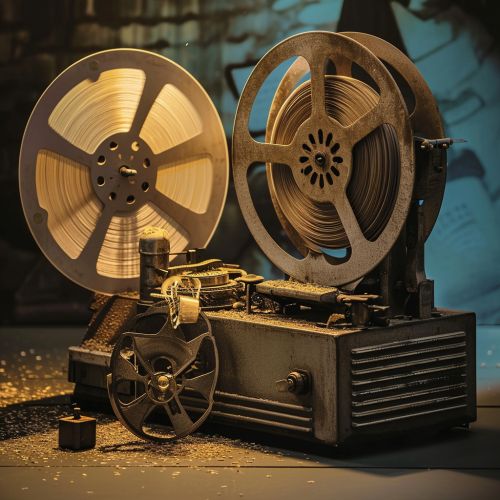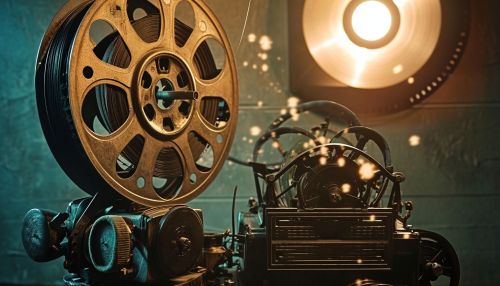Marcel Carné
Early Life
Marcel Carné was born on August 18, 1906, in Paris, France. His parents were working-class, and his father died when he was just five years old, leaving his mother to raise him alone. Carné showed an early interest in cinema and began working as a film critic for the magazine "Cinégraphie" in 1929.


Career
In 1930, Carné was hired as an assistant to the renowned director Jacques Feyder. Under Feyder's tutelage, Carné learned the craft of filmmaking and made his directorial debut in 1936 with the film "Jenny". His early films were noted for their poetic realism, a style characterized by a focus on working-class characters and a fatalistic view of life.
In 1939, Carné directed "Le Jour Se Lève", a film that is considered one of the masterpieces of French cinema. The film starred Jean Gabin, one of the most popular French actors of the time, and was a critical and commercial success.
During the Second World War, Carné continued to make films despite the restrictions imposed by the German occupation. His most famous film from this period is "Les Enfants du Paradis" (1945), a romantic epic set in the world of 19th-century Parisian theatre. The film was made under difficult conditions, with shooting interrupted by air raids and a lack of resources. Despite these challenges, "Les Enfants du Paradis" is considered one of the greatest films in the history of cinema.
After the war, Carné's career declined. His post-war films were less successful, both critically and commercially, and he struggled to adapt to the changing tastes of the French public. He continued to direct films until the late 1970s, but none of them achieved the same level of success as his pre-war work.
Legacy
Marcel Carné is considered one of the greatest directors in the history of French cinema. His films, particularly "Le Jour Se Lève" and "Les Enfants du Paradis", are still widely watched and studied today. His work has influenced many directors, including François Truffaut and Jean-Luc Godard, who have cited Carné as a major influence on their own filmmaking.


